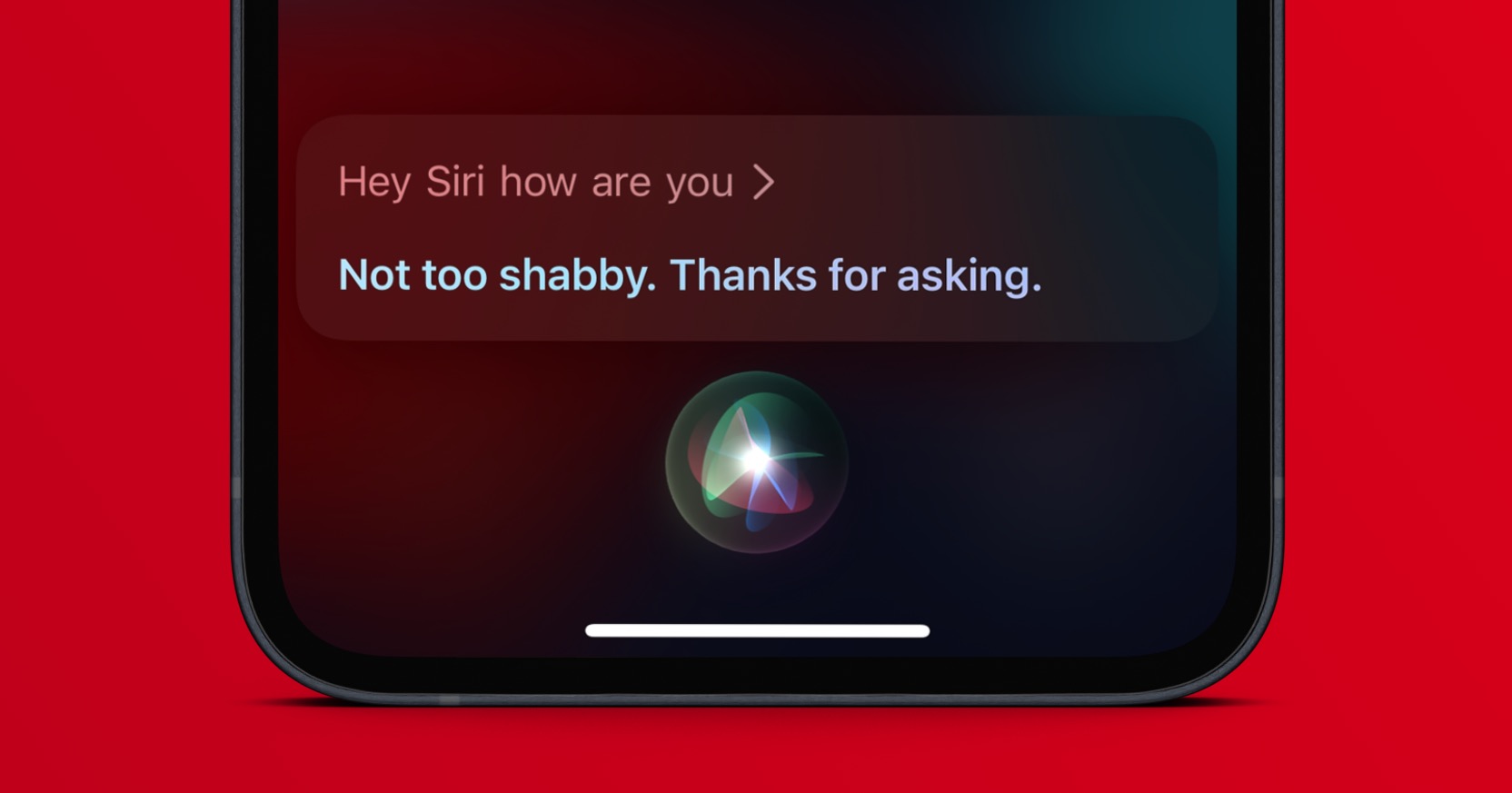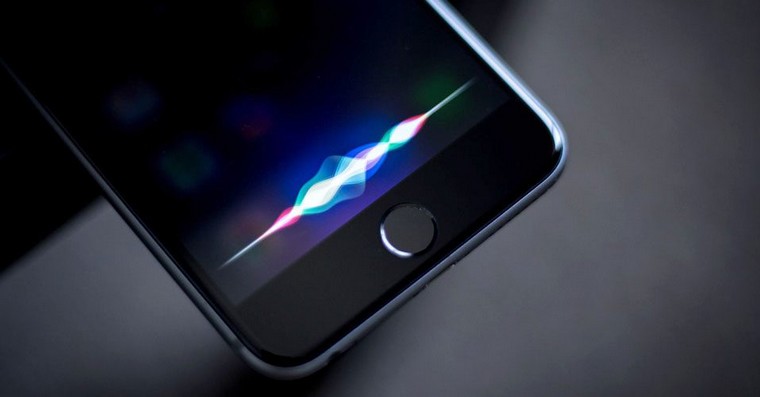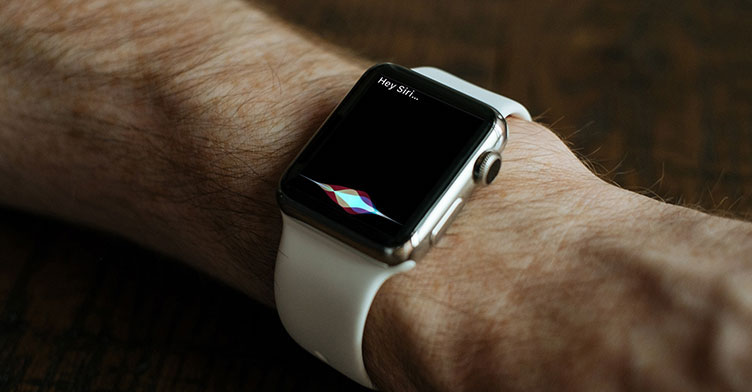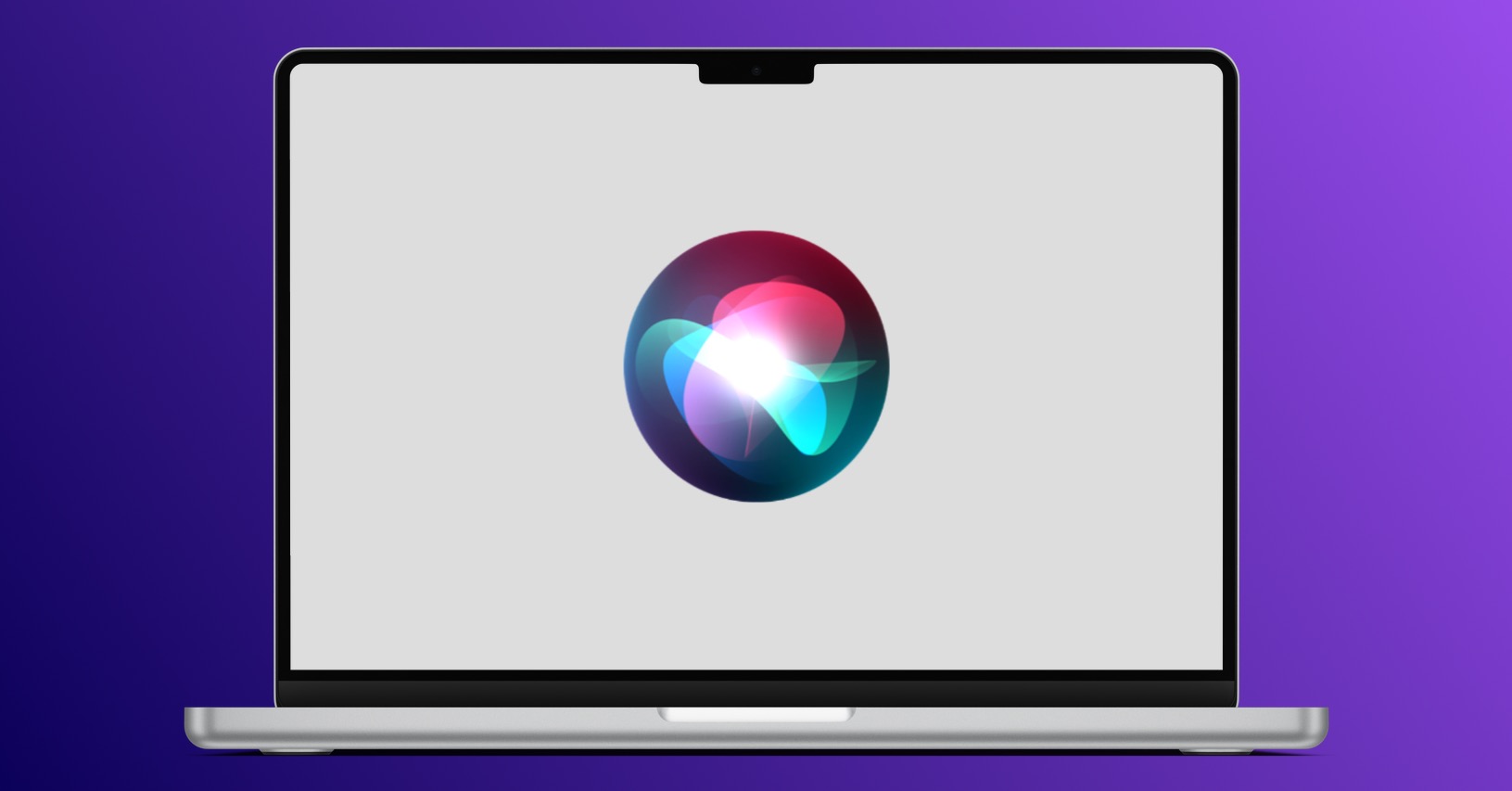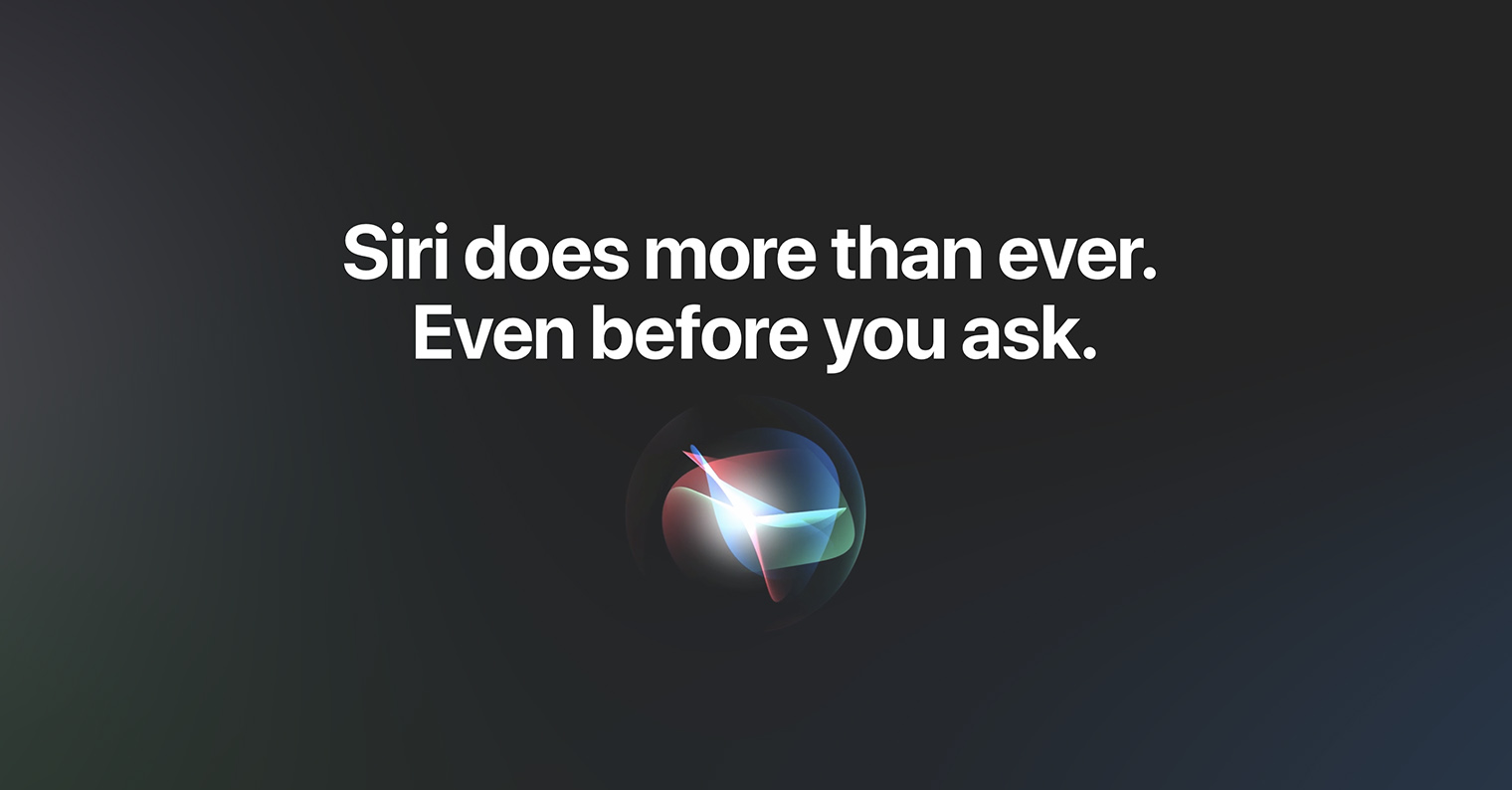Several experts and leading figures have already warned us about the possibilities of artificial intelligence (AI). It is AI that has been constantly improving in recent years, and today it can handle tasks that would have seemed impossible to us just a few years ago. It is therefore not surprising that even technological giants rely on its capabilities and try to make the most of it.
It could be interest you

The new software has now gained a lot of attention midjourney, which acts as a Discord bot. So it is an artificial intelligence that can render/generate images based on the text description you give it. In addition, all this happens directly within the communication application Discord, while the creations that you have generated yourself can then be accessed via the web. In practice it is quite simple. In the text channel of Discord, you write a command to draw an image, enter its description - for example, destruction of humanity - and the artificial intelligence will take care of the rest.

You can see how something like this can turn out in the picture attached above. After this, the AI always generates 4 previews, while we can choose which one we want to generate again, or generate another based on a specific preview, or enlarge a specific image to a higher resolution.
Apple and artificial intelligence
As we mentioned above, tech giants are trying to get the most out of artificial intelligence. That's why it's no surprise that we come across AI possibilities literally all around us - and we don't even have to go far, because all we have to do is look in our own pockets. Of course, even Apple has been working with the possibilities of artificial intelligence and machine learning for years. So let's take a very brief look at what the Cupertino giant uses AI for and where we can actually meet it. It's definitely not a lot.
It could be interest you

Of course, as the first ever use of artificial intelligence in Apple products, the voice assistant Siri probably comes to mind for most. It relies exclusively on artificial intelligence, without which it would not be possible to recognize the user's speech. By the way, the other voice assistants from the competition – Cortana (Microsoft), Alexa (Amazon) or Assistant (Google) – are all in the same situation, and they all have the same core. If you also own an iPhone X and newer with Face ID technology, which can unlock the device based on a 3D scan of your face, then you come across the possibilities of artificial intelligence practically every day. This is because Face ID is constantly learning and practically improving in identifying its owner. Thanks to this, it can respond well to natural changes in appearance - beard growth, wrinkles and others. The use of AI in this direction thus speeds up the entire process and significantly simplifies it. Artificial intelligence continues to be an integral part of the HomeKit smart home. As part of HomeKit, automatic face recognition works, which of course would not be possible without AI capabilities.
But these are the main areas where you can encounter artificial intelligence. In reality, however, its scope is considerably larger, and therefore we would find it practically everywhere we can think of. After all, this is precisely why manufacturers bet directly on specific chipsets facilitating the entire operation. For example, in iPhones and Macs (Apple Silicon) there is a specific Neural Engine processor that specializes in working with machine learning and artificial intelligence, which drives the performance of the device itself several steps forward. But Apple is not the only one who relies on such a trick. As already mentioned, we would find something similar practically everywhere - from competing phones with Android OS to NAS data storage from the company QNAP, where the chipset of the same type is used, for example, for lightning-fast identification of a person in photos and for their appropriate classification.
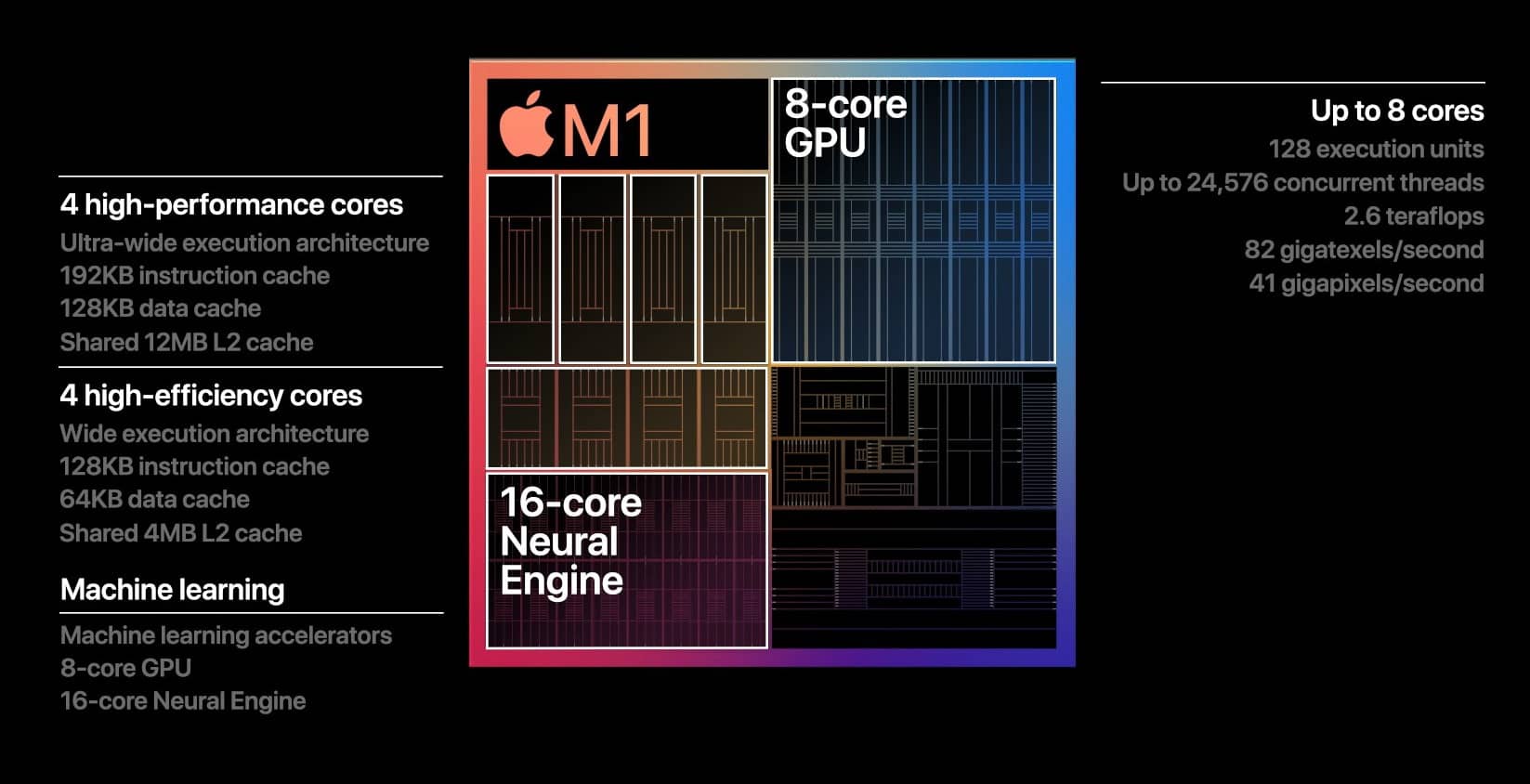
Where will artificial intelligence go?
Artificial intelligence in general is moving humanity forward at an unprecedented pace. For the time being, this is most visible in the technologies themselves, where we can come into direct contact with some fundamental gadget. In the future, thanks to artificial intelligence, we could have, for example, a functional translator that can translate in real time within several languages at once, which would completely break down language barriers in the world. But the question is how far these possibilities can actually go. As we mentioned in the beginning, well-known names such as Elon Musk and Stephen Hawking have already warned against AI. That is why it is necessary to approach this area with some caution. How do you think artificial intelligence will move forward and what will it enable us to do?
It could be interest you
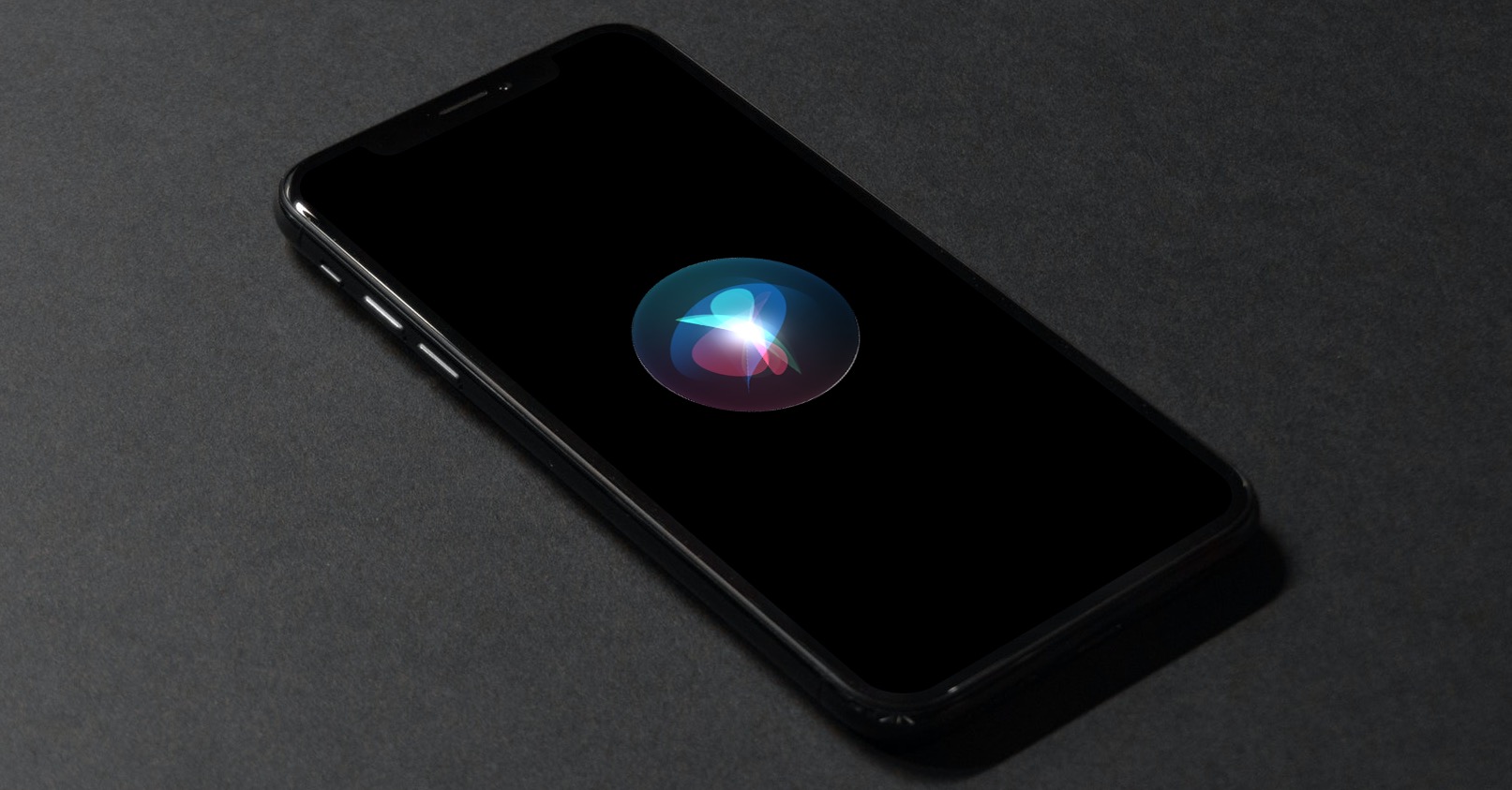
 Flying around the world with Apple
Flying around the world with Apple 
